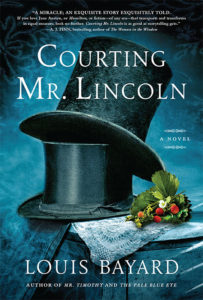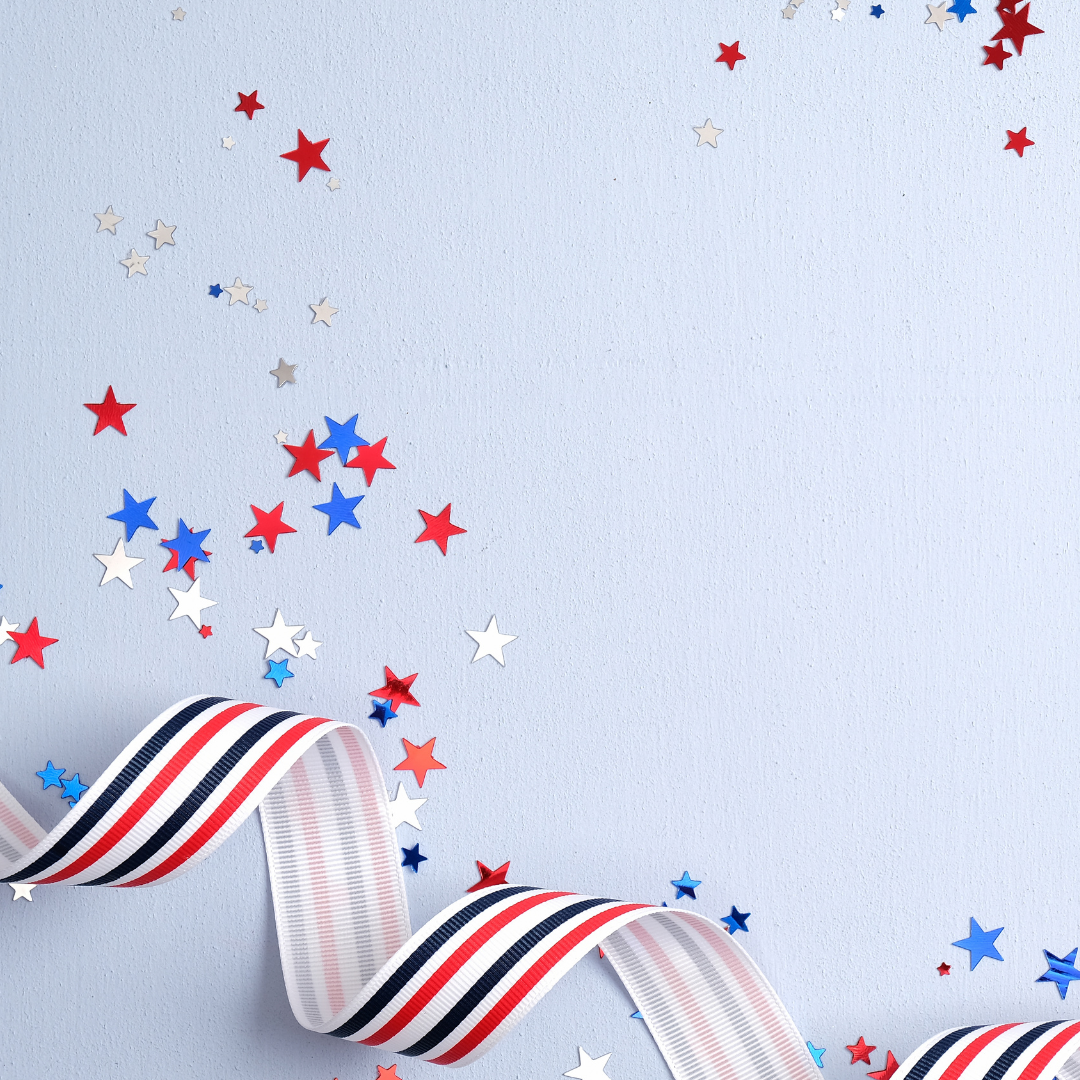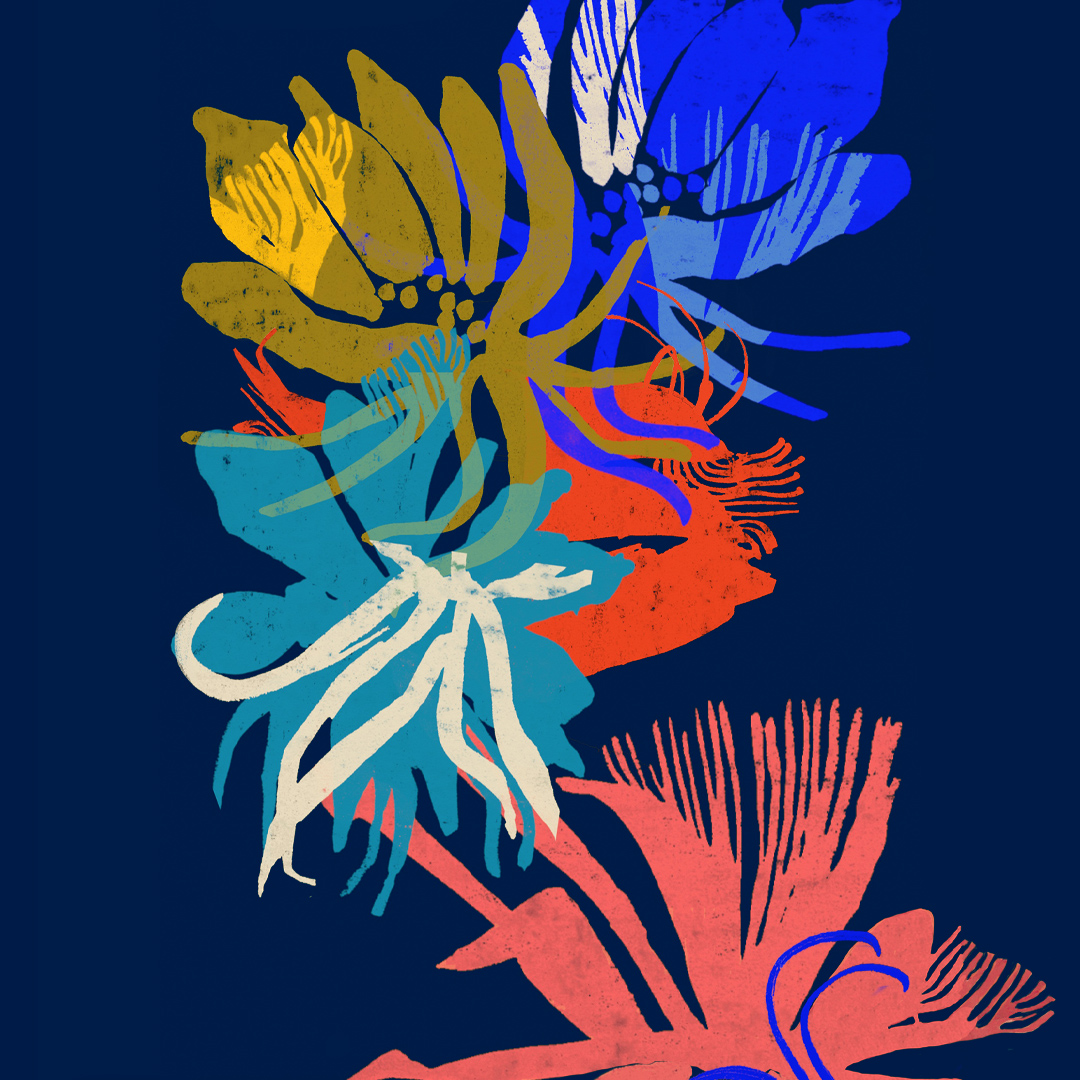Inside an Enigma: An Essay by Louis Bayard
Louis Bayard is not the first to write about Abraham Lincoln, but Courting Mr. Lincoln is nowhere near old-hat. Read his essay explaining the gap in Lincoln literature his new novel aims to fill.
• • •
According to the Library of Congress catalog, 9,100 books have been published on the subject of Abraham Lincoln. Or if you like: on at least 9,100 occasions, some poor fool has tried to get the measure of him. Which raises the question of whether, at this advanced date, any other book or any other measuring is required.
And if I venture to say “yes”—even an emphatic “yes”—it’s not so much because of Lincoln’s undeniable historical importance. It’s because of Lincoln himself and his refusal to be pinned down.
Was he the compulsive joke teller or the suicidal depressive? The honest storekeeper who traveled miles to return change to his customers or the sharp-elbowed pol who freely slandered his enemies? The defender of constitutional democracy or the dictator who imprisoned thousands without trial? The Great Emancipator or the canny strategist who saw emancipation as a tool for winning a war?
 He must, perforce, be some combination of those things and of many more things, and nobody, as a result, can be surprised that after 9,100 books we still don’t have a handle on him.
He must, perforce, be some combination of those things and of many more things, and nobody, as a result, can be surprised that after 9,100 books we still don’t have a handle on him.
Even the people who knew Lincoln while he was alive never felt as though they knew him. He was, according to one advisor, “the most reticent, secretive man I ever saw or expect to see.” In the words of his longtime law partner William Herndon, Lincoln was “an enigma—a sphinx—a riddle . . . incommunicative—silent.”
Of all the mysteries that enveloped the man, perhaps the most profound was his choice of life mate. It certainly puzzled contemporaries like Herndon, who referred to Mary Todd Lincoln variously as a “she wolf,” a “tigress,” and “the female wild cat of the age.” Even scholars more sympathetically inclined to her have wondered what drew Lincoln to such a complicated creature. What, for that matter, drew her to him? How did two such disparate people find each other and embark on this fraught and troubled and, at the same time, loving and enduring alliance?
As I began working on Courting Mr. Lincoln, these were the questions that sent me back in the time machine to Springfield, Illinois, circa 1841.
I didn’t recognize the Mary Todd I found there. This was not the madwoman or spendthrift or shrew of popular imagination. This was an attractive and vivacious and intelligent young woman, unusually well educated for her era, with an abiding love for politics.
It was a passion she came by honestly. The Todd dynasty numbered governors, Scots Covenanters, Revolutionary War heroes—not to mention Mary’s own father, who worked his way up from owner of a dry-goods store to legislative clerk, councilman, city magistrate, sheriff, assemblyman, and finally, Kentucky state senator.
Small wonder, then, that Mary imbibed politics from earliest infancy. If she had come up in a more modern era, she might well have staked her own claim to office, but in those pre-suffrage days, her only outlet was to find a promising candidate to marry.
And herein another mystery: why did she settle on Abraham Lincoln?
To be sure, he was a lawyer and orator of natural gifts. But he was also raw, uncouth, uneducated, still deep in debt, and on nobody’s short list to become president of the United States. Somehow or other, Mary Todd divined his potential and never once, so far as we know, questioned her choice.
 At this point, then, I had all the makings of a classic Pride and Prejudice–style courtship scenario, relocated to old Springfield. But it was while roaming those streets that I found another figure lurking in the shadows. His name was Joshua Speed.
At this point, then, I had all the makings of a classic Pride and Prejudice–style courtship scenario, relocated to old Springfield. But it was while roaming those streets that I found another figure lurking in the shadows. His name was Joshua Speed.
Like Mary, he was a child of Kentucky aristocracy. Like Mary’s father, he was the owner of a dry-goods store. And it was over this store that Lincoln lived, and it was Joshua Speed’s bed that Lincoln shared for more than four years.
The customary caveat rushes in: bedding in those days was expensive, and bachelors were often obliged to share sleeping quarters. What made these two bachelors different was the degree of their intimacy.
“No two men were ever closer”—that was how Speed himself would later describe their friendship. Carl Sandburg, writing in the early twentieth century, went a little farther, suggesting that Lincoln and Speed had “streaks of lavender” about them. And in recent decades, scholars like C. A. Tripp and Charles Strozier have begun to investigate the nature of this relationship. Why did such an attractive man as Speed wait so long to marry? Why did Lincoln himself hold off on marrying until Speed had gone to the altar? Why did he demand that Speed write him the day after his wedding to tell him how the wedding night had gone?
These questions have generated robust differences of opinion, and I can’t hope to resolve them with a single book, nor would I want to. I can only say that when I first read Lincoln’s letters to Speed (one of which is reproduced in Courting Mr. Lincoln), I found two men actually trying to coax and coach each other into normative heterosexual lifestyles. And with that, this courtship story became a love triangle—with Lincoln himself at the center—and with Mary Todd and Joshua Speed as dual narrators, sometime rivals and also sometime allies.
The result, I hope, is a novel that honors all three parties—including the enigmatic Mr. Lincoln, who walks and talks and bleeds on these pages. At the same time, I hope it reaffirms and reanimates the essential riddle of why people come to love each other.
At one point in the story, Mary Todd asks: “How could anyone be known—anyone at all—here on God’s green earth?” To me, it’s the premise of fiction that we can, at some level, know, and at the same time never know. So as the author of roughly the 9,101st book about Abraham Lincoln, I freely embrace the speculative over the definitive, with the goal, finally, of transmitting some of Lincoln’s mystery—and finding, on the other side, open hearts and minds.
• • •
Read more about Courting Mr. Lincoln including an excerpt.




